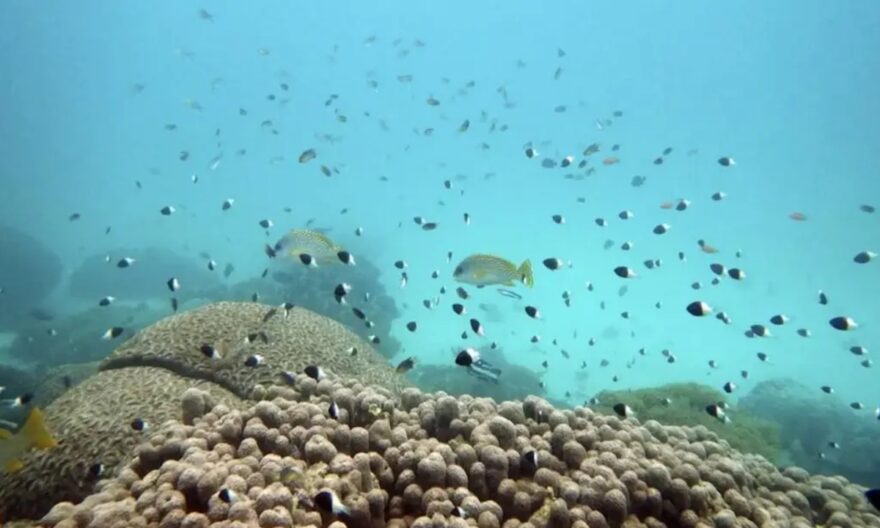
The first-ever treaty aimed at safeguarding marine life in the high seas was adopted by members of the United Nations. The UN Secretary-General praised the historic accord, emphasizing that it provides the ocean with a significant opportunity for survival.
During the negotiations, delegates representing all 193 member nations of the UN expressed their support for the treaty by applauding and rising to their feet in an extensive standing ovation. Rena Lee, the ambassador of Singapore in ocean affairs, presided over the discussions and formally approved the treaty after receiving no objections.
For over two decades, the international community has been engaged in discussions concerning the protection of biodiversity in the high seas, which encompass nearly half of the Earth’s surface. Previous attempts to reach an agreement had encountered repeated obstacles. However, in March, delegates at an intergovernmental conference, established by the UN General Assembly in December 2017, successfully reached a consensus on the treaty.
The newly adopted treaty falls within the framework of the UN Convention on the Law of the Sea, which became effective in 1994, predating the establishment of the concept of marine biodiversity.
Scheduled to be available for signing on September 20 during the annual General Assembly meeting of global leaders, the treaty will come into force upon ratification by 60 countries.
A key aspect of the treaty involves the establishment of a fresh governing body tasked with overseeing the conservation of oceanic life and the creation of marine protected areas in the high seas. Additionally, it sets guidelines for conducting environmental impact assessments for commercial activities conducted in oceanic regions.
Antonio Guterres, the Secretary-General, emphasized to delegates the critical nature of adopting this treaty as the world’s oceans face multifaceted threats. He said, “Climate change is disrupting weather patterns and ocean currents, raising sea temperatures, and altering marine ecosystems and the species living there, and marine biodiversity is under attack from overfishing, over-exploitation and ocean acidification.”
“Over one-third of fish stocks are being harvested at unsustainable levels. And we are polluting our coastal waters with chemicals, plastics and human waste.”
Guterres underscored the significance of the treaty in addressing these pressing issues and urged all nations to exert maximum effort in promptly signing and ratifying it. He stressed that this is crucial for effectively combating the threats that endanger the oceans, given the alarming state of affairs.




